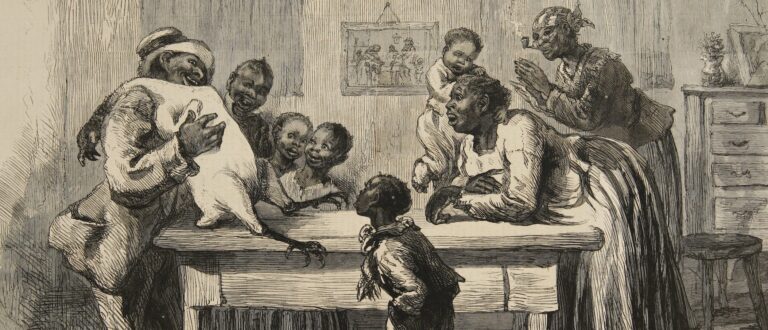
How did Twain’s Huckleberry Finn engage and challenge popular ideas about slavery and race in nineteenth-century America? Can a text be offensive and still be worth reading?
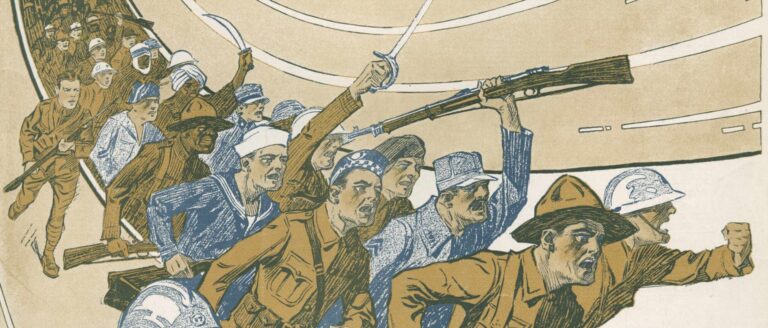
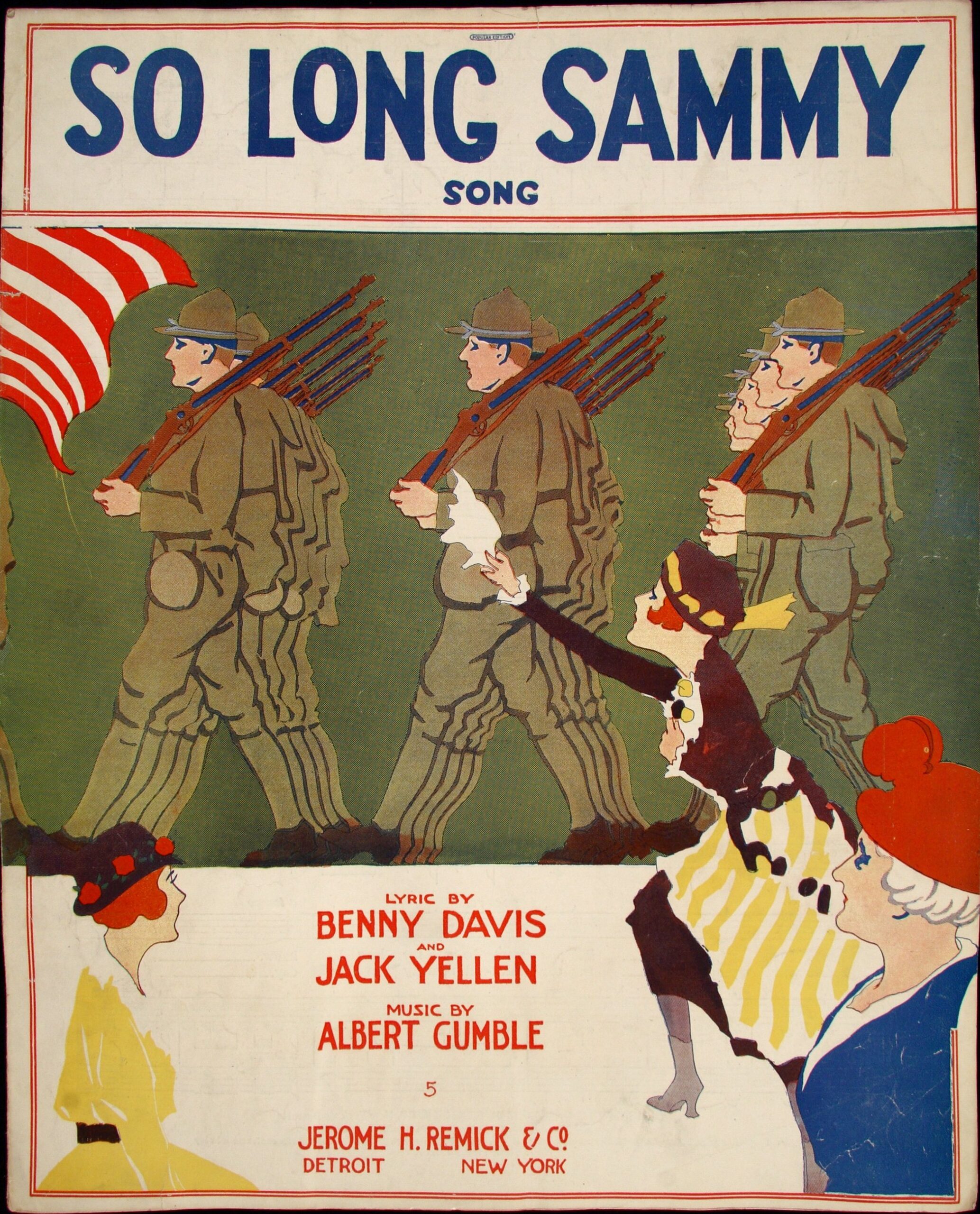
How did popular publications in the United States respond to World War I? How did artists, writers, publishers, and advertisers work to promote the war effort? What criticisms of the war did dissenting artists make?
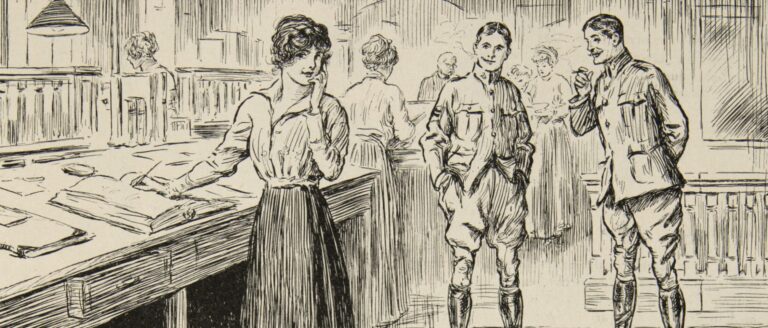
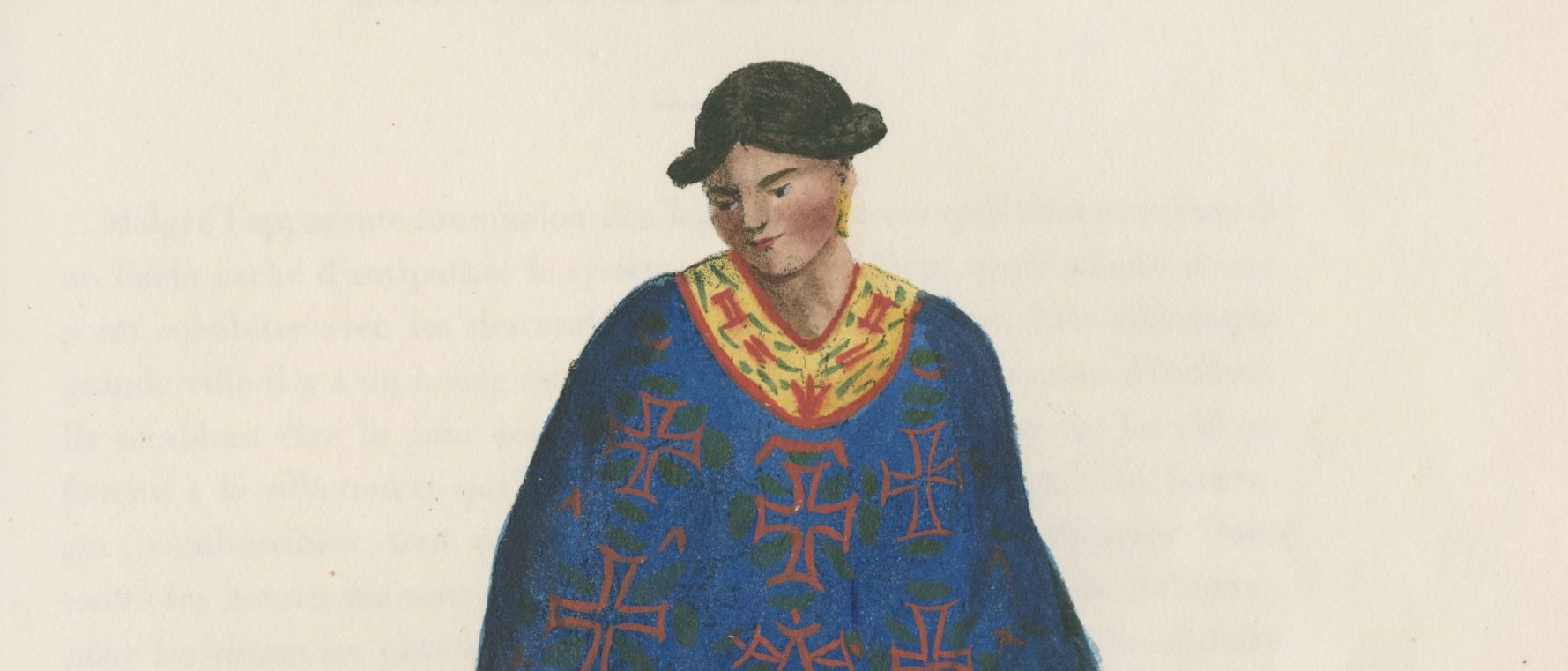
What were social conditions in Mexico before and after independence from Spain? How was the struggle for independence shaped by internal conflicts between people of different social castes?
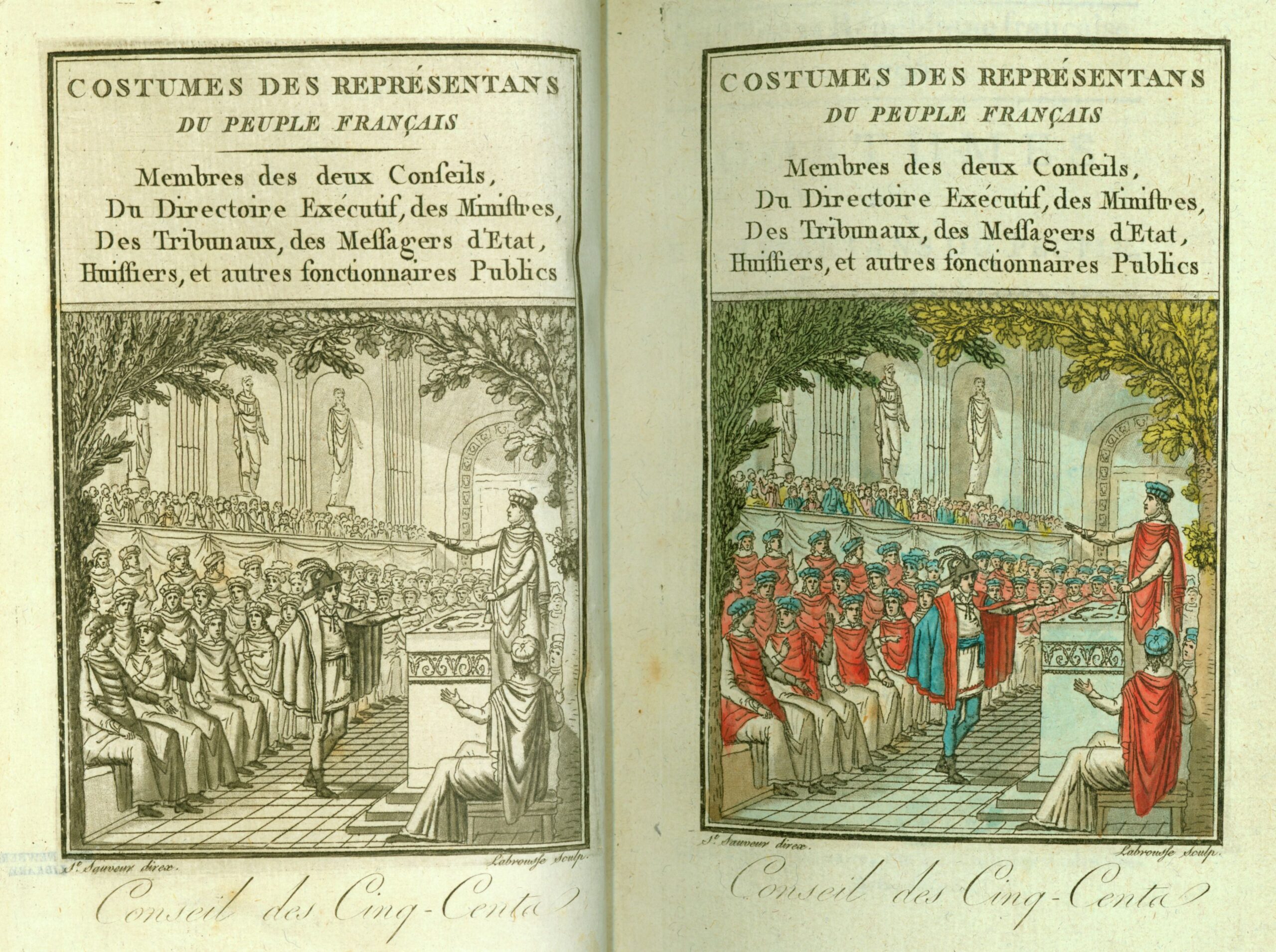
How did French people bring about—or resist—the transition from monarchy to republic during the Revolution? What did it mean to become a citizen of the new nation?
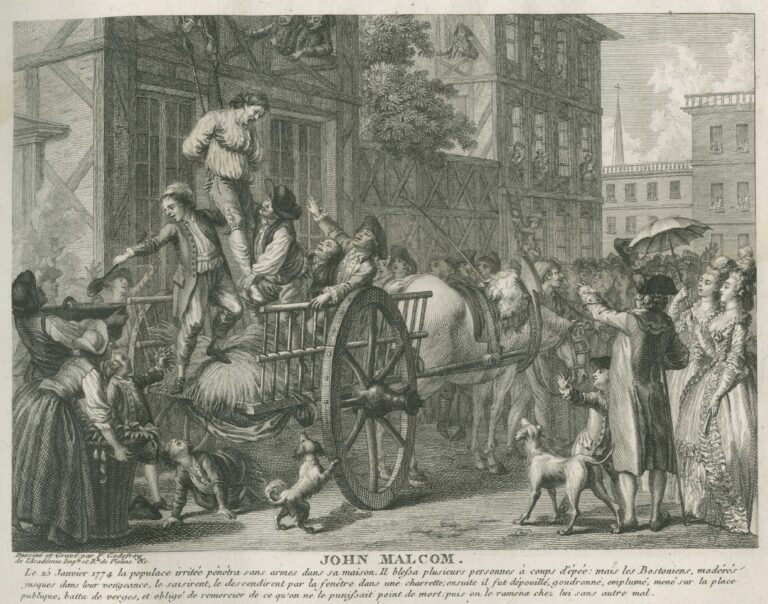
How did people interpret the events of the American Revolution in the eighteenth and nineteenth centuries? How did the meaning of the Revolution change over time? In what ways has the Revolution meant different things to different people at any given time?
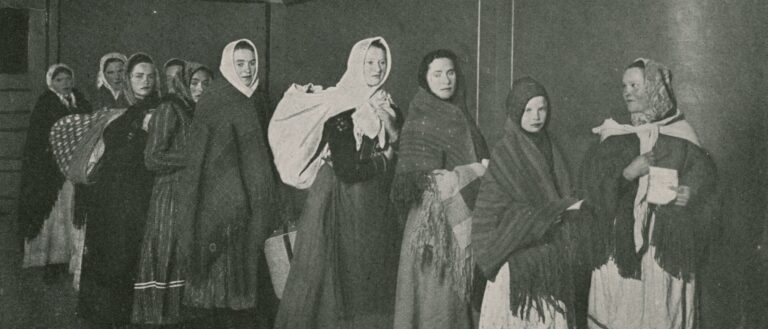
What role has immigration played in the formation of America’s national identity and ideals? How have Americans understood and debated the social effects of immigration? How have immigrants portrayed their experiences and contributed to these debates themselves?
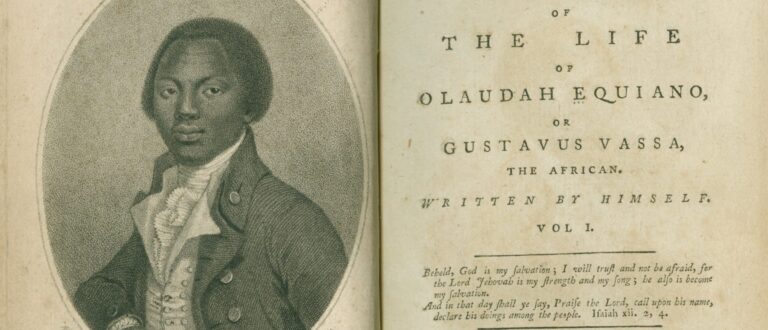
What arguments did eighteenth-century writers make about the slave trade? How are these arguments based in understandings of African civilization? How does Olaudah Equiano contribute to these debates?
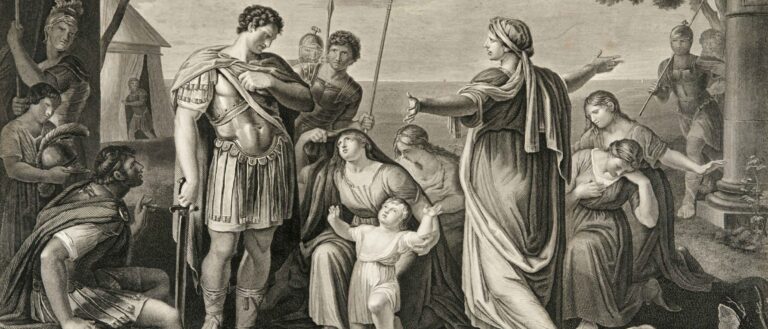
What is the context for Shakespeare’s Roman plays? What were his sources? Why did classical Rome capture the interest of people in Renaissance England?
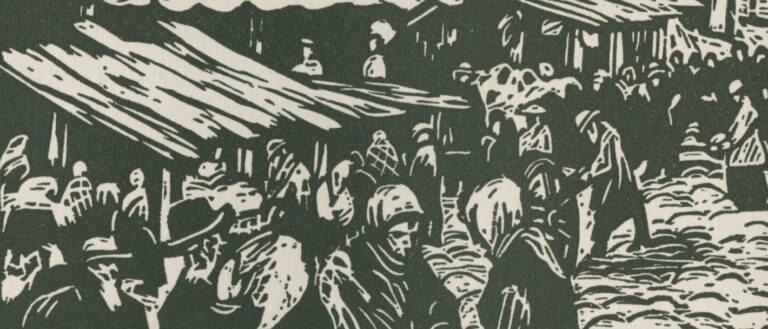
In 1870, three-quarters of the United States lived in rural areas; by 1920, over half the nation lived in cities. How, if at all, did religious communities change their inherited traditions in the midst of new surroundings?
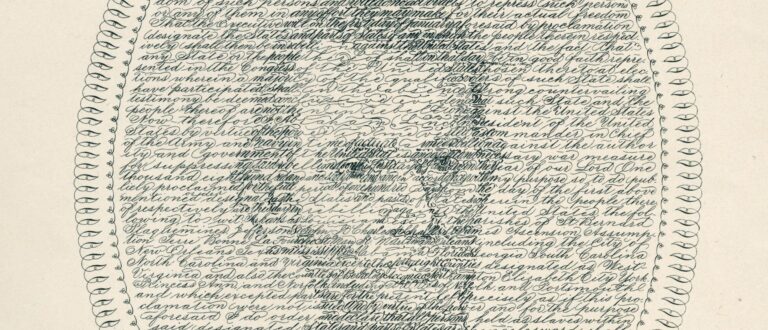
What were Lincoln's arguments against slavery? What distinctions did Lincoln and other white Northerners draw between ending the institution of slavery, saving the Union, and achieving racial equality? What feelings and concerns did writers and artists—both white and African American—express about the consequences of emancipation?












